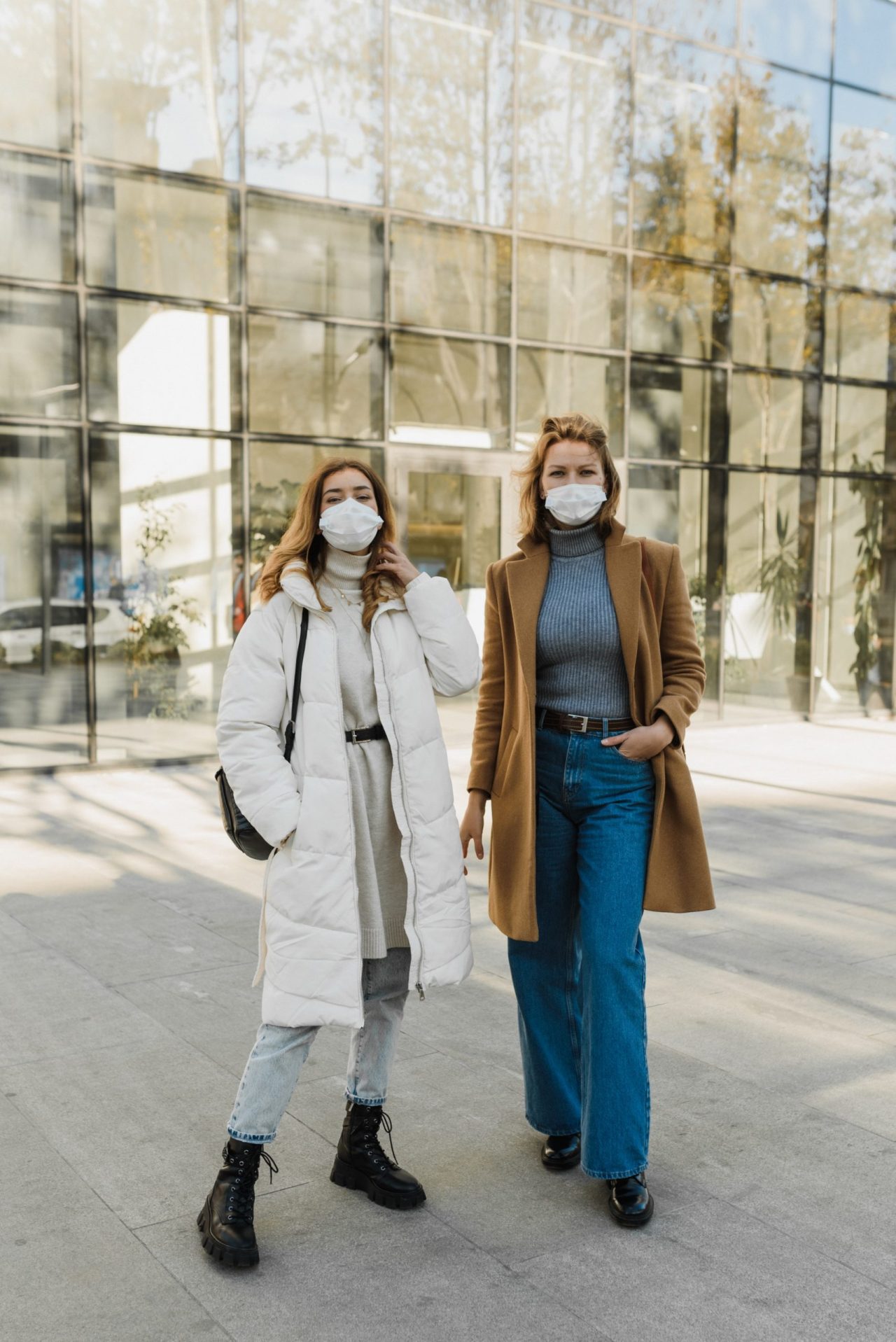
A Guide To Good Mask Care
When the coronavirus was first discovered, nobody knew how long it would last. We’ve had diseases with strange names before, and usually they don’t get too much press or have much lasting effect. As a writer, I kept thinking, If I write an article about Covid, Covid will be over soon after, and it will be really annoying to scroll past in the future.
I read recently on social media, though, that somebody doesn’t even know how old she was when Covid started. So now, here, finally, is my take on something Covid related: Mask care.
Covid is a disease that affects the respiratory system. Remember the body systems? The circulatory system? The reproductive system? Anyhow, the system that Covid infects, the respiratory system, includes the nasal passages, also known as nose holes, and also the mouth, the lungs, the trachea, and everything related to breathing.
Nobody likes accidentally getting water “down the wrong pipe” when you read something awful on social media, but did you know that there is actually a teeny bit of moisture in your lungs naturally? There is slight wetness all around the respiratory system—in your nostrils, certainly in your mouth, and also in your lungs, as mentioned. Too much water in your lungs causes pneumonia.
When you breathe, there is a little moisture that comes out. This is how you can fog something up with your breath. In Titanic, the foggy car came from Jack and Rose breathing really heavily.
Covid is present in respiratory moisture, and all this respiratory moisture can cause Covid spread, so wearing a mask that covers your nose and mouth can slow the spread of the disease. As you breathe, all of the moisture from your respiratory system gets trapped in the mask. Your friend’s moisture gets trapped in their mask. And the air is clear between you from moisture—except for all of the moisture in the air that’s already there, potentially filled with Covid otherwise. Let’s not be paranoid, though. There’s a lot of air, so the concentration of Covid is probably very low.
Probably a little moisture from people’s lungs did transfer into your own mask, though, plus the moisture from the air. Therefore, the first good rule to Covid mask care, besides making sure it isn’t dangling and is always covering both your nose and mouth, is to change your mask often.
If you wear a mask at home, when you come home from wherever you were, it’s good to put on a fresh mask when you get back inside. If you’re wearing a disposable mask, throw it out right away. Maybe even put it in the big trash can in your garage and leave it out of your kitchen garbage. Wash your hands after you throw out your mask. There isn’t a mask shortage anymore, and masks are inexpensive, so this shouldn’t be a problem.
If you wear cloth masks, it might also be a good idea to change it when you get home. Put it straight into the washing machine perhaps and close the door. Wash your hands after handling your mask. Wash your masks after every use. Cloth masks are in really cute styles now, so no complaints either. The detergent smells really good too against your nostrils and mouth. You could even spritz some essential oils or something onto them.
Whether you’re wearing a disposable or cloth mask, it does allow you to relax your face into a more comfortable expression that’s less suburban. Honestly, I wouldn’t mind wearing one after Covid as well. As somebody who remembers life before social media, it seems like since its advent, people stare a lot more intently at people’s faces in real life, like they can’t see you do it. Masks take that feeling away. People can stare at my mask all they want. I picked it out specifically for that purpose. I only wish I could see my own mask too.
